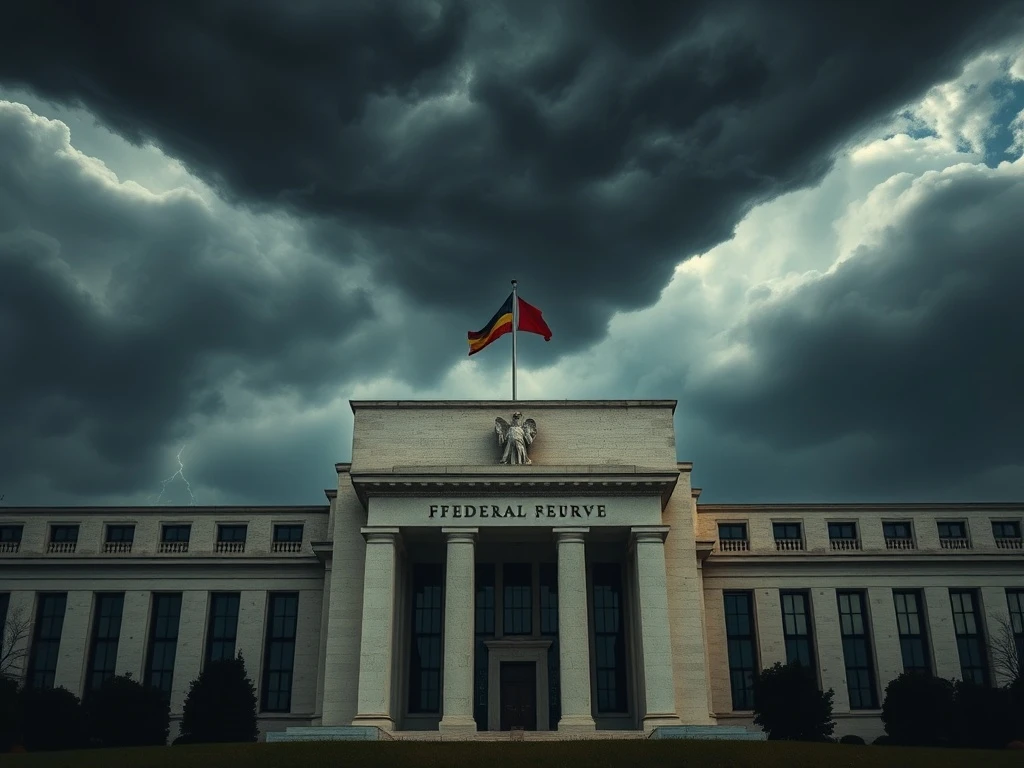Fed Holds Rates Steady Despite Trump Pressure: Rare Dual Dissent Sparks Market Volatility

In a historic move, the Federal Reserve held interest rates steady despite mounting pressure from President Trump and rare dissents from two governors. What does this mean for the economy and your investments? Let’s dive in.
Fed Holds Rates: A Rare Division Among Governors
The Federal Reserve’s July 2025 meeting ended with a 9-2 vote to maintain the federal funds rate at 4.25%-4.50%. This marked the first dual dissent in nearly 30 years, with Governors Michelle Bowman and Christopher Waller pushing for a rate cut. Their arguments centered on:
- A “significant slowdown in economic momentum” (Waller)
- Downplayed inflation risks from Trump’s proposed tariffs (Bowman)
Trump Pressure: A Test of Fed Independence
President Trump’s public criticism of the Fed intensified, calling Chair Jerome Powell a “numbskull” and hinting at his replacement. Despite this, the Fed stood firm, citing:
- Elevated inflation concerns
- Strong 3% Q2 GDP growth
- A resilient labor market
Interest Rate Decision: What’s Next for Markets?
The Fed’s cautious stance left investors guessing. Key takeaways:
| Factor | Implication |
|---|---|
| Dual dissent | Growing internal debate on policy |
| Political pressure | Test of Fed independence |
| Economic outlook | September cut possible if slowdown continues |
Economic Outlook: Walking a Tightrope
The Fed faces a delicate balance between:
- Supporting growth vs. controlling inflation
- Maintaining independence amid political pressure
- Navigating global economic uncertainty
Power Word: Volatility – The Fed’s decision has injected fresh uncertainty into markets, creating both risks and opportunities for alert investors.
FAQs
Q: Why did two Fed governors dissent?
A: Bowman and Waller believed economic slowing justified a rate cut to support growth.
Q: How did markets react?
A: Initial stock gains turned volatile as investors digested the Fed’s cautious stance.
Q: What’s the significance of this dual dissent?
A: It’s the first time since 1993 that two governors opposed a rate decision, signaling growing policy divisions.
Q: Could the Fed cut rates soon?
A: September remains a possibility if inflation cools and economic activity slows further.









